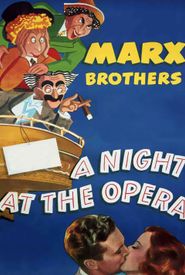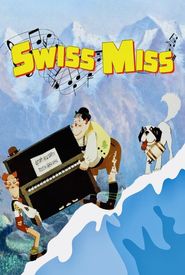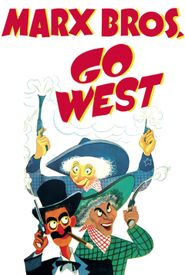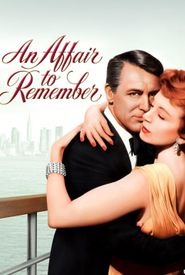Walter Woolf King was born on November 2, 1899, in San Francisco, to a whiskey peddler father. He began singing for his supper at a young age, primarily in churches. After high school, he pursued a professional singing career, partnering with pianist Charles Le Maire in a vaudeville musical act.
At 19, Walter made his Broadway debut in the musical "Floradora." He went on to star in numerous musicals and operettas throughout the decade, including "The Last Waltz," "The Lady in Ermine," "The Dream Girl," "Artists and Models," and "Princess Flavia." He also developed a strong presence in glossy musical comedies.
In 1929, Walter turned to films, making his debut in the colonial operetta "Golden Dawn" alongside Vivienne Segal. However, the film received scathing reviews and was deemed a "golden turkey" due to its racist themes and absurd plotting. This led to Walter retreating back to Broadway, where he appeared in plays such as "Ladies All," "The Great Man," and "Experience Unnecessary," as well as musicals like "Melody" and "May Wine."
Walter returned to films in the early 1930s, appearing in comedies like "Girl Without a Room" and "Embarrassing Moments." He also acted in dramas like "One More Spring" and "Ginger." In 1935, he starred in the classic slapstick comedy "A Night at the Opera" alongside the Marx Brothers, singing Verdi's "Il Trovatore: Di quella pira."
Throughout the 1930s and 1940s, Walter continued to appear in films, often playing third-party romancers or swank villains. He also appeared in comedies like "Swiss Miss" and "Go West," as well as dramas like "Call It a Day" and "The House of Fear."
In the 1940s and 1950s, Walter's film career slowed, and he began to focus on radio work, starring in the CBS show "The Flying Red Horse Tavern." He eventually retired from acting and settled into a career as an actor's agent.
Walter Woolf King died on October 24, 1984, at the age of 84, in Beverly Hills, after a heart attack.














































